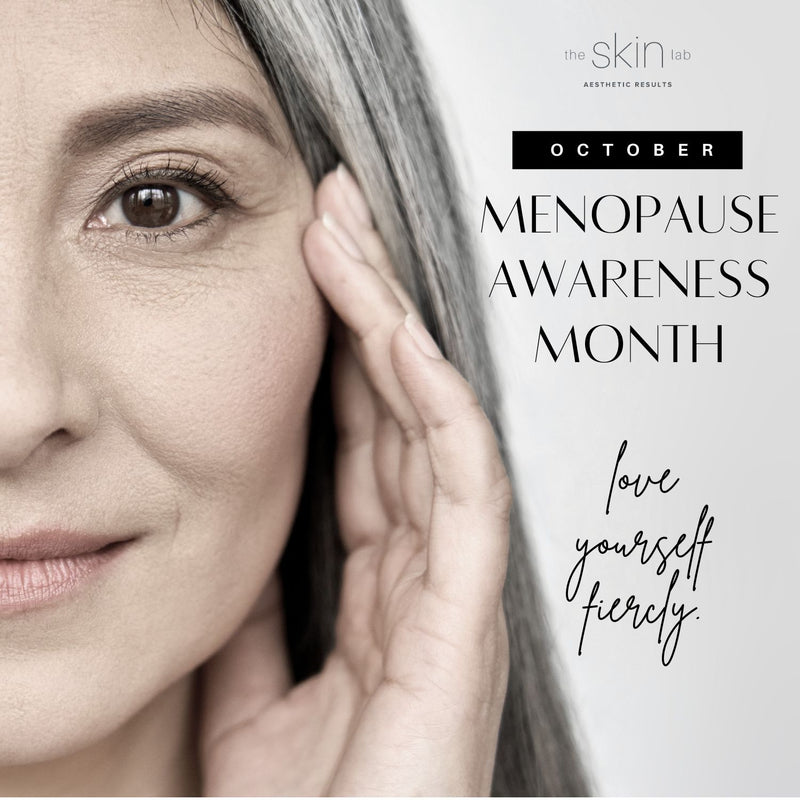October: Menopause Awareness Month

October is recognized as Menopause Awareness Month, a time to raise awareness about the changes women experience during menopause and the impact it has on their lives. In Ireland, as in many parts of the world, menopause is a topic that needs more understanding and support. Let's delve into the significance of this month and how hormonal changes can affect the skin.
Menopause typically affects women between the ages of 45 and 55. According to the Health Service Executive (HSE) of Ireland, the average age for menopause is 51. However, early menopause can occur in women as young as 30, and late menopause can happen in women aged 55 and above.
Hormonal Changes and Skin Health
The primary cause of menopause is a decrease in the production of hormones, especially estrogen. This hormonal change can have a significant impact on the skin:
-
Dryness and Loss of Elasticity: Reduced estrogen levels can lead to decreased oil production, making the skin drier. This can also reduce the skin's elasticity, leading to the formation of wrinkles.
-
Thinning of Skin: The skin may become thinner and more fragile, making it more susceptible to injuries and bruises.
-
Hot Flashes: One of the most common symptoms of menopause, hot flashes can cause sudden redness and a feeling of warmth on the skin, especially on the face and neck.
-
Acne and Increased Hair Growth: Some women may experience acne or increased hair growth on the face due to hormonal imbalances.
Simple Tips to Ease Menopausal Symptoms
-
Stay Hydrated: Drinking plenty of water can help combat skin dryness and maintain skin health.
-
Moisturize Regularly: Using a good quality moisturizer can help keep the skin hydrated and reduce dryness and itching.
-
Avoid Hot Showers: Hot water can strip the skin of its natural oils. Opt for lukewarm water instead.
-
Eat a Balanced Diet: Including foods rich in omega-3 fatty acids, antioxidants, and vitamins can help maintain skin health and overall well-being.
-
Stay Active: Regular exercise can help manage menopausal symptoms, improve mood, and maintain healthy skin.
-
Consult a Dermatologist: If you notice significant changes in your skin or experience severe symptoms, it's essential to consult a dermatologist or healthcare professional.
Conclusion
Menopause is a natural phase in a woman's life, but it comes with its set of challenges. By understanding the changes and taking proactive steps, women can navigate this transition more comfortably. This Menopause Awareness Month, let's spread knowledge, offer support, and ensure that every woman feels empowered during this significant life stage.